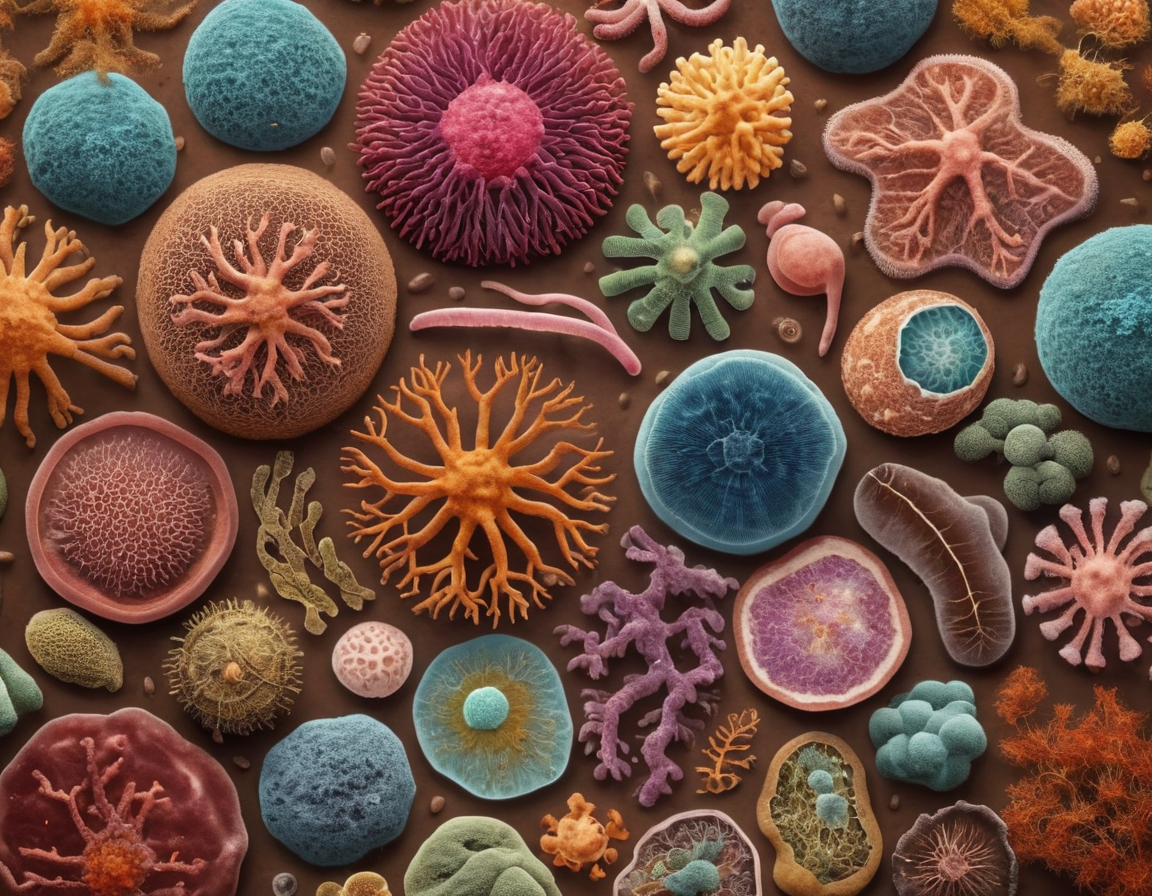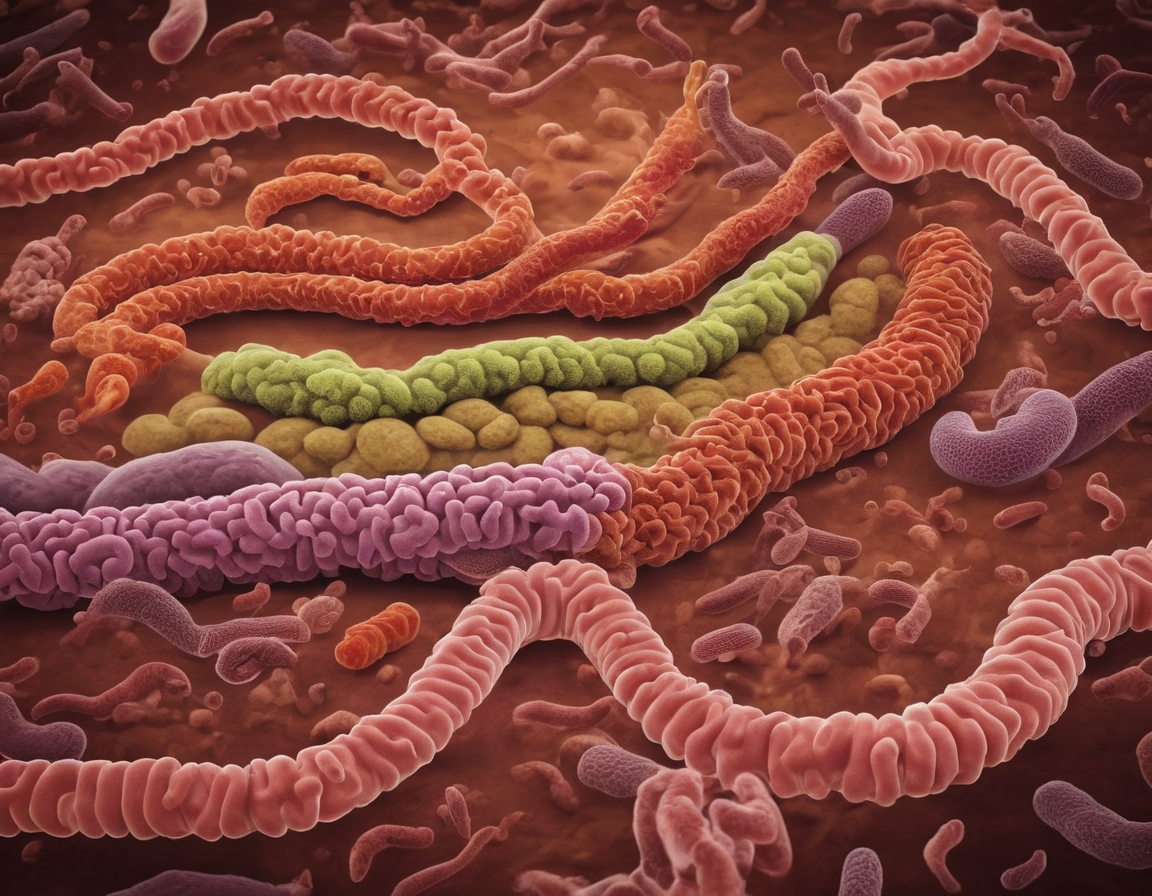The Surprising World of Microbiomes: Tiny Ecosystems Within Us
Unlocking the Secrets of the Human Microbiome
Our bodies are home to a vast universe of microorganisms that play a crucial role in our health and well-being. These microscopic inhabitants form what is known as the human microbiome, a complex ecosystem that contributes to various functions essential to our survival. This blog post will summarize the Wikipedia article on the human microbiome, providing a concise overview for readers who want to understand these minuscule but mighty organisms.
Understanding the Human Microbiome
The human microbiome refers to the collective genomes of the microbes — composed of bacteria, fungi, protozoa, and viruses — that live inside and on the human body.  These organisms are found in many parts of the body, including the gut, skin, mouth, nose, and reproductive organs. They have a symbiotic relationship with their host, contributing to a range of vital processes such as digestion, immune function, and even mental health.
These organisms are found in many parts of the body, including the gut, skin, mouth, nose, and reproductive organs. They have a symbiotic relationship with their host, contributing to a range of vital processes such as digestion, immune function, and even mental health.
The Gut Microbiome: A Key Player in Health and Disease
Among the various microbial communities in the body, the gut microbiome is perhaps the most studied. It assists in the breakdown of food, synthesis of vitamins, and protection against pathogens. Recent research also highlights its influence on chronic diseases, mental health, and predisposition to obesity.  The balance of microbial species in our gut is delicate, and disruptions to this balance, known as dysbiosis, can lead to health issues.
The balance of microbial species in our gut is delicate, and disruptions to this balance, known as dysbiosis, can lead to health issues.
Microbiome and Its Influence on Disease
Dysbiosis of the gut microbiome has been linked to a multitude of diseases, including inflammatory bowel disease, diabetes, and even cancer. Furthermore, there is growing evidence that the microbiome may affect neurological conditions such as autism spectrum disorder and Alzheimer’s disease. The mechanisms by which these tiny organisms influence such wide-ranging aspects of our health are under extensive investigation.
Promoting a Healthy Microbiome
Maintaining a healthy microbiome is integral to overall health. Diet, probiotics, prebiotics, and lifestyle choices play a significant role in shaping our microbial communities. A diverse diet rich in fiber, reduction in the use of antibiotics, and regular exercise are all suggested ways to support a thriving microbiome. 
Future of Microbiome Research
As research into the human microbiome continues to grow, new possibilities for medical treatments and diagnostic tools emerge. Personalized medicine, based on an individual’s unique microbial profile, could revolutionize healthcare. Meanwhile, scientists are discovering innovative ways to manipulate the microbiome to prevent and treat diseases.
Conclusion
The human microbiome is a fascinating field of study with profound implications for our health. By understanding the complex interactions between our microbial residents and our bodies, we can better appreciate the delicate balance required to maintain good health. As we continue to explore this invisible world, we can expect to uncover even more insights into the role these microorganisms play in our lives.
Discover More
If you found this summary intriguing and want to delve deeper into the subject of microbiomes, the full Wikipedia article offers a comprehensive exploration of the topic. Additionally, keep an eye on scientific journals and health news for the latest research findings — the study of the human microbiome is an ever-evolving field with new discoveries around every corner.






